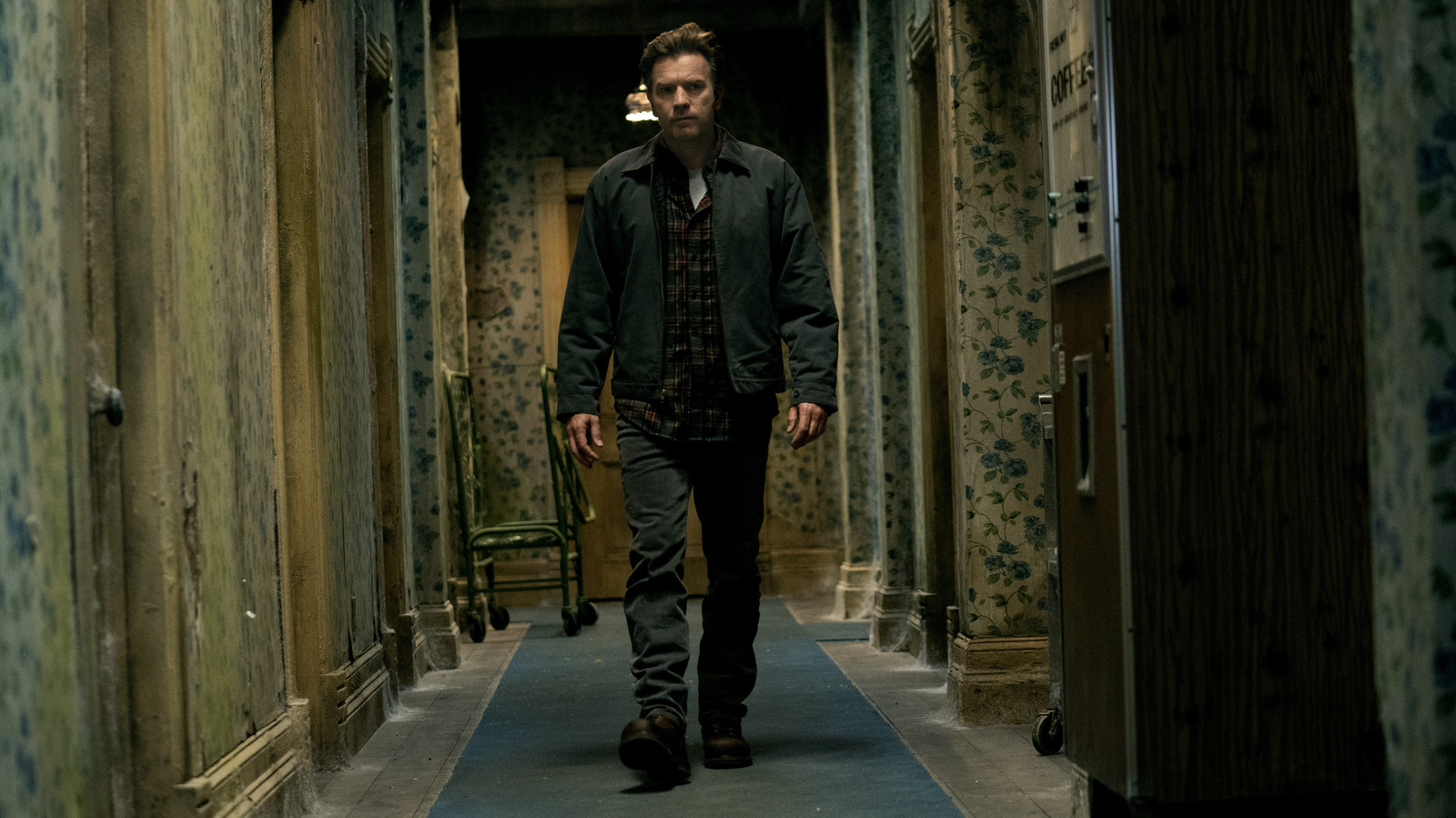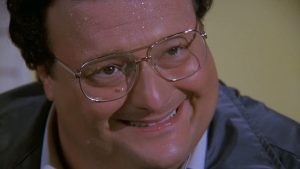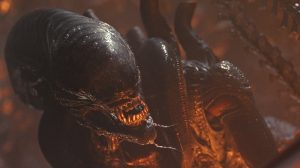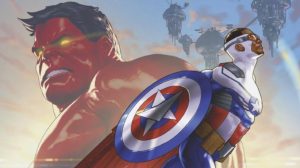
Stephen King has long been fascinated by death, and at 77 years old, his engagement with the subject feels more pronounced than ever. King’s life has been marked by near brushes with death, including significant struggles with addiction and a serious car accident in 1999 that left him hospitalized for a month with critical injuries. This deep respect for mortality fuels his storytelling, recognizing that while we all must face death, there’s little certainty in how it will come.
When asked during a 2013 interview if he had planned for his legacy as an author, King revealed he had no intention of leaving behind posthumous works akin to Agatha Christie. However, his prolific output meant that should he have passed suddenly, there would still be two novels—“The Wind in the Keyhole” and “Doctor Sleep”—for his loyal readers.
“Doctor Sleep,” a sequel to King’s iconic “The Shining,” could have served as a fitting farewell to his literary career. It offered him the chance to revisit a beloved character from his past and to finally address lingering questions that had captivated both him and his audience for over three decades. Interestingly, the inception of “Doctor Sleep” was born out of King’s desire to challenge himself.
In an interview with the Sunday Times, King candidly shared his motivation for penning the sequel. He explained that the decision stemmed from a mixture of inspiration and a bit of frustration. He viewed it as a bold move to return to a classic that had resonated deeply with readers. King said, “I did it because it was such a cheesed-off thing to do. People read the original as kids; now, as adults, they might think the sequel pales in comparison. My challenge was to see if it could match or even differ in a meaningful way, giving me something to strive against.”
“Doctor Sleep” is markedly different from its predecessor, boasting a tenderness that contrasts sharply with both the original novel and its film adaptation—something that King wasn’t particularly fond of. His exploration of Danny Torrance as an adult was driven by genuine curiosity about how his life unfolded. The realities he envisioned for Danny were not rosy; he gave thought to the impact of his father’s alcoholism.
King stated, “I knew he would be a drunk because his father was a drunk. He might have vowed, ‘I will never be like my father,’ but then wakes up in his late thirties and realizes he is just that.” This led King to consider what life would look like for someone in Danny’s shoes. He imagined Danny working low-end jobs and eventually becoming a hospice worker, using his “shining” ability to help people transition peacefully as they faced death.
Not every reader has embraced “Doctor Sleep,” and opinions about it can be mixed. However, it undeniably delves into the darker aspects of human life, examining the psychological scars left by our parents. While King occasionally misses the mark, he respects his audience enough to guide them into deeper explorations of dark themes rather than subjecting them to less thoughtful sequels.



